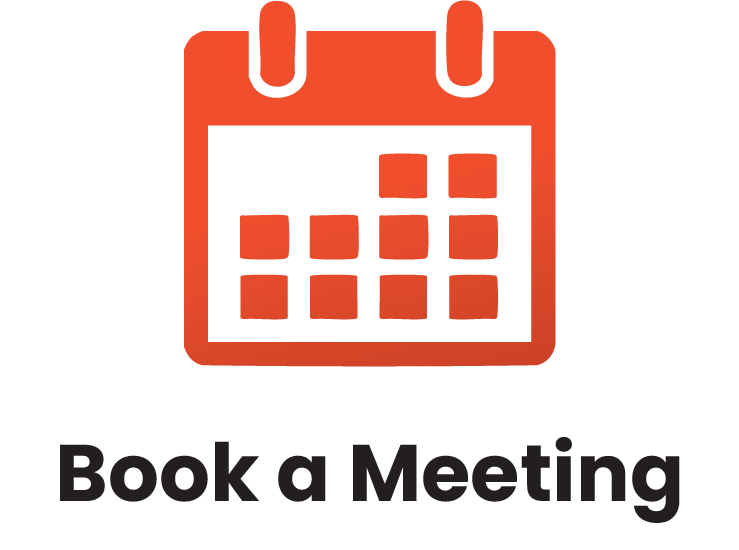
Knowledge Management
Understanding how to manage the knowledge within your organization is the key to business success. Mismanagement of organizational knowledge comes with a price: frustrated employees, angry customers, and decreased productivity. All of these things can affect a business’ bottom line. The purpose behind knowledge management is to help us bridge organizational gaps and to use our greatest asset (our knowledge) to take our business performance to the next level.
The theory of knowledge management has emerged to help us harness and enhance both the individual and collective brain power of our businesses. This workshop will introduce participants to knowledge management tips, techniques, and proven processes.
Interactive training sessions led by experienced facilitators.
There is no cost to explore options.
Let's Get Started
Online Learning
Enjoy our self-paced option and learn from anywhere!
$279.00 USD
LEARNING OBJECTIVES
This two-day workshop will teach participants how to:
- Define knowledge and knowledge management.
- Explain the difference between explicit and tacit knowledge.
- Identify various knowledge management theoretical models.
- Explain how a properly implemented knowledge management program can improve efficiency.
- Describe the steps for employing a new knowledge management program in an organization.
- Identify the required components for implementing a knowledge management framework within an organization.
Let's Get Started


COURSE OUTLINE
Definitions
Participants will learn the definition of knowledge, as well as the differences between tacit and explicit knowledge. The meaning and history of knowledge management will also be covered.
The Business Case for Knowledge Management
In this session, participants will learn how knowledge management can reduce costs and grow sales. They will also learn how to build a business case for knowledge management.
The Knowledge Management Mix
Next, participants will learn about three components vital to knowledge management: people, technology, and process.
The Knowledge Management Framework
In this session, participants will learn about the steps to building their knowledge management framework: needs analysis; resource identification; process analysis, identification, and construction; and accumulating, sharing, and storing knowledge.
IT and D’s Conundrum
To begin the second day of the course, participants will review their pre-assignment.
Knowledge Management Models
This session will cover four popular knowledge management models: Bukowitz and Williams’ knowledge management process framework Gamble and Blackwell’s knowledge management matrix
Botha’s Process Model
Nonaka and Takeuchi’s Knowledge Spiral Model
The Knowledge Management Toolkit
In this session, participants will learn about tools that will support their knowledge management initiative, including cross-functional teams, mentoring, and organizational culture. IT-based solutions (such as directories, best practice databases, content and document management systems, discussion boards, and help desks) will also be discussed.
Implementing Knowledge Management Initiatives
This session will begin with a look at how to build knowledge networks, create a Knowledge Management Body of Knowledge (KMBOK), and create a Chief Knowledge Officer (CKO) position. Then, implementation techniques (such as post mortems, evaluation measures, and pilot programs) will be discussed. Change management strategies will also be covered.














